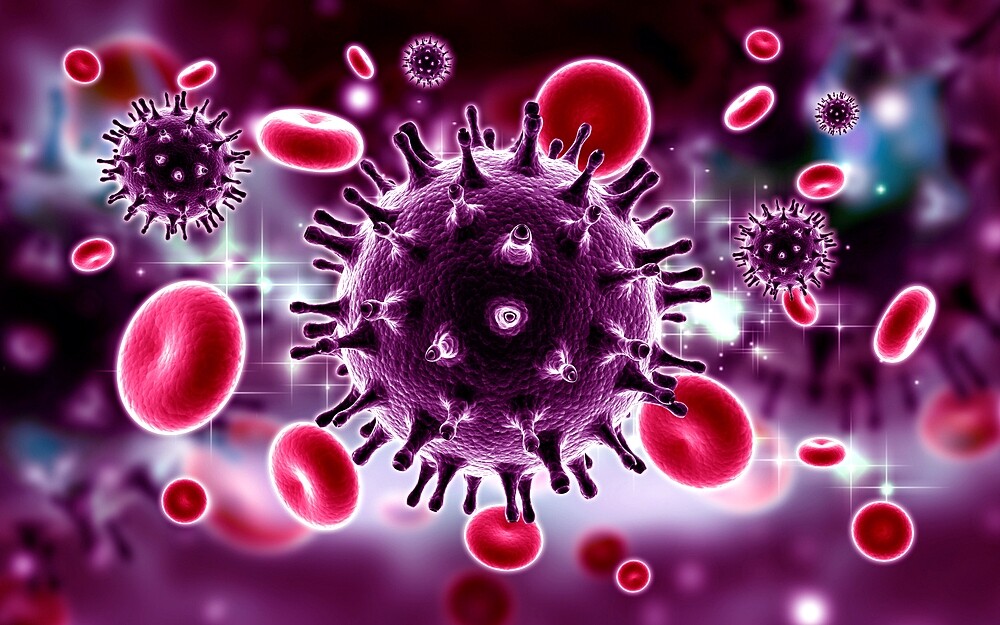Respiratory Syncytial Virus (RS virus) causes respiratory infections in babies and infants. We’ll tell you what you need to know about it.
What is the RS virus?
Respiratory Syncytial Virus (RS virus or RSV) is the most common trigger for respiratory diseases in infants and young children up to three years of age and causes cold-like symptoms. Up to the third month of life, the disease can take a very severe course. Premature infants are often affected by the RS virus, but adults can also become infected. However, the RS virus is usually much milder in them.
Lung diseases as a consequence: The RS virus is no child’s play
In contrast, in infants, the viruses often migrate from the upper to the lower respiratory tract during RS infection. These airways are still quite narrow in early life – which can severely affect the bronchial tubes and lungs in an infection. In the worst case, this can lead to pneumonia, bronchitis or so-called bronchiolitis (inflammation of the smallest bronchi, also known as bronchioles). Over the course of life, the airways become enlarged, which reduces the risk of these diseases.
Cause: How can I get infected?
Like the common cold, the RS virus is one of the so-called droplet infections – i.e. the pathogens are transmitted from person to person (for example via the air we breathe). However, further infections can also occur via hands or objects with which an infected person has had contact.
What symptoms are caused by the RS virus?
In fact, almost every child up to the age of two undergoes an acute RSV infection once. It is also possible to become infected a second time (“pure infection”), but often the infection then remains in the upper respiratory tract and is not as severe. The following applies to every RSV infection: The symptoms are not always so easily distinguished from those of a normal cold. The following symptoms can occur:
- Cough
- Sniffles
- Sore throat
- Fever
- Breathing too fast
- Refusal to drink
Which treatment helps against the RS virus?
There is no direct cure for an infection with RS viruses – only the symptoms of the patients can be alleviated. In mild cases, adults and children from the age of four years onward can take home remedies against coughs and colds until the virus has subsided, in addition to bed rest. In addition, the loss of fluid should be compensated by drinking plenty of water. Babies and infants in whom secondary diseases such as pneumonia are possible should be placed under close medical observation and, if necessary, treated in hospital through clinical channels.
Can I protect my child from RSV?
There is no vaccination against the RS virus and, as with many respiratory infections, it is difficult to protect against it in everyday life. However, regular hand washing with soap can at least reduce the risk of infection. People who are ill should stay at least seven days away from healthy people.

